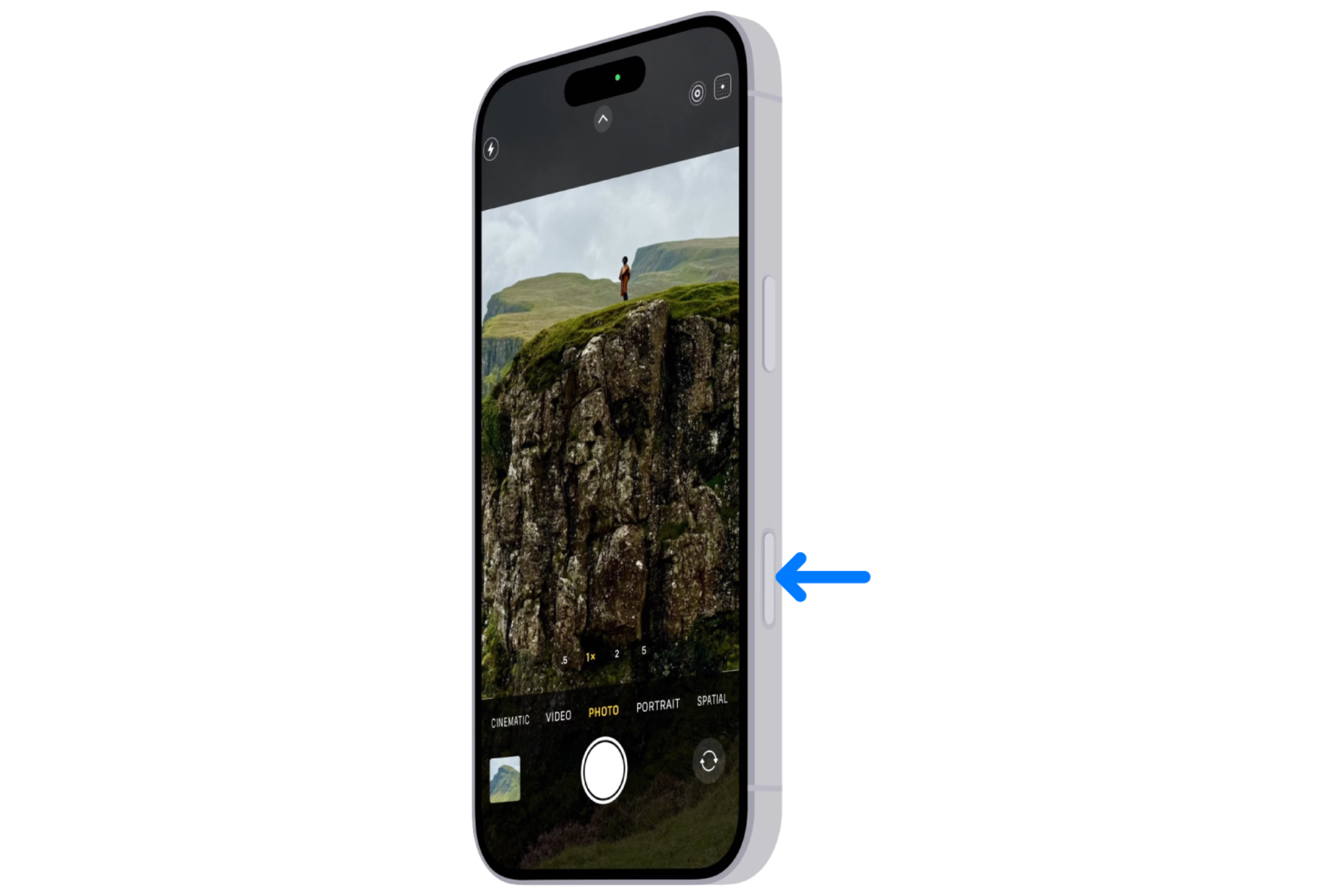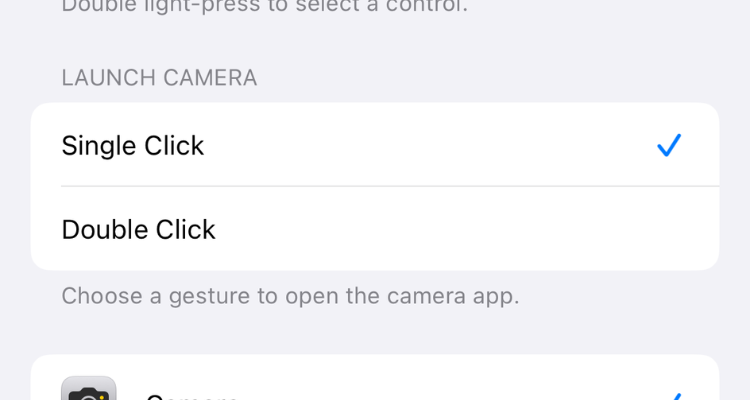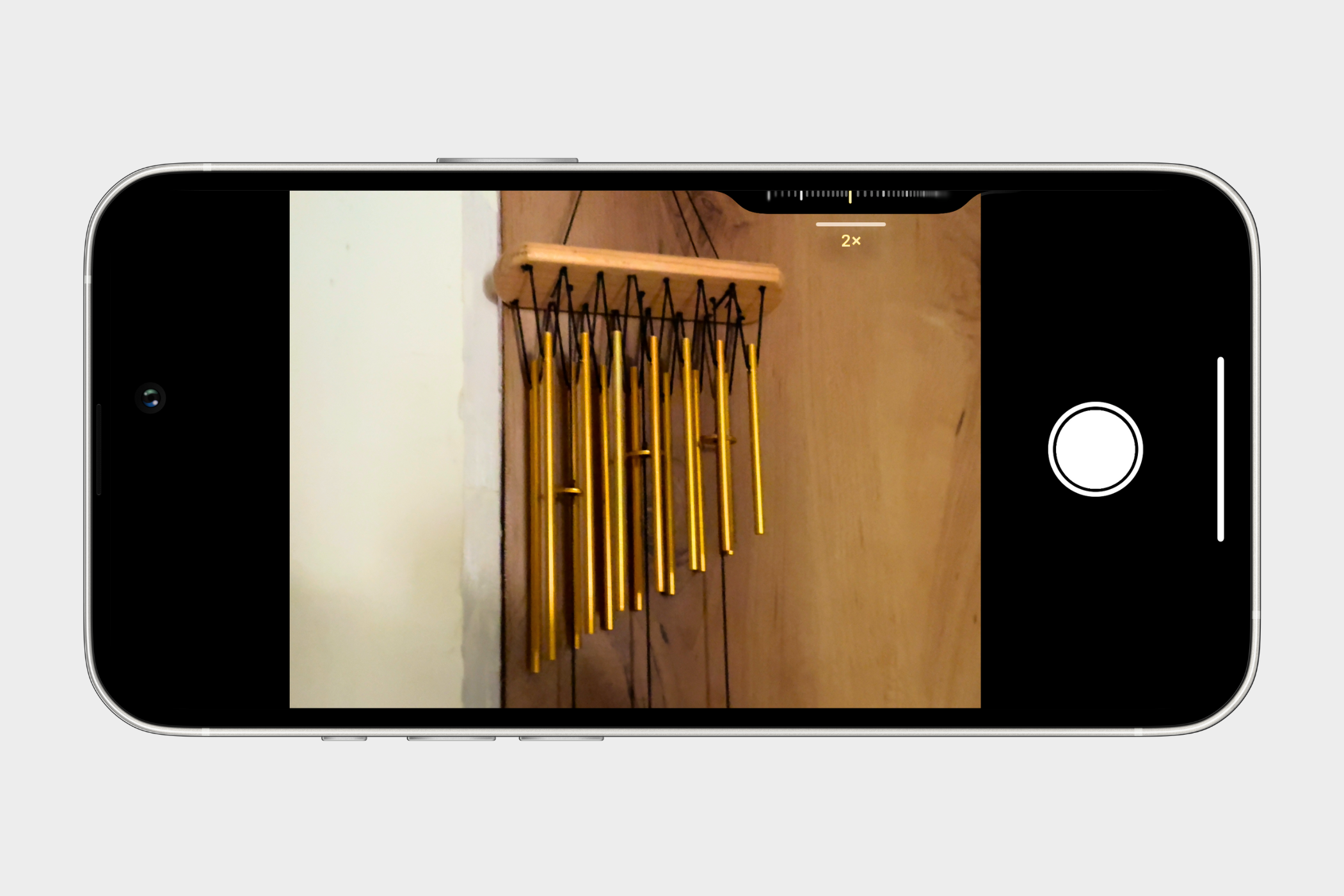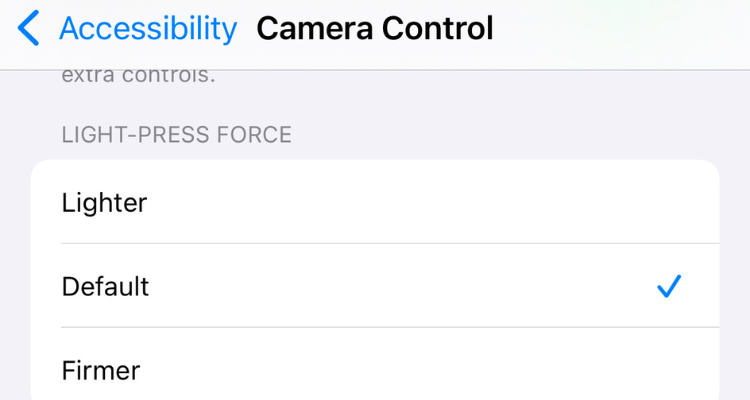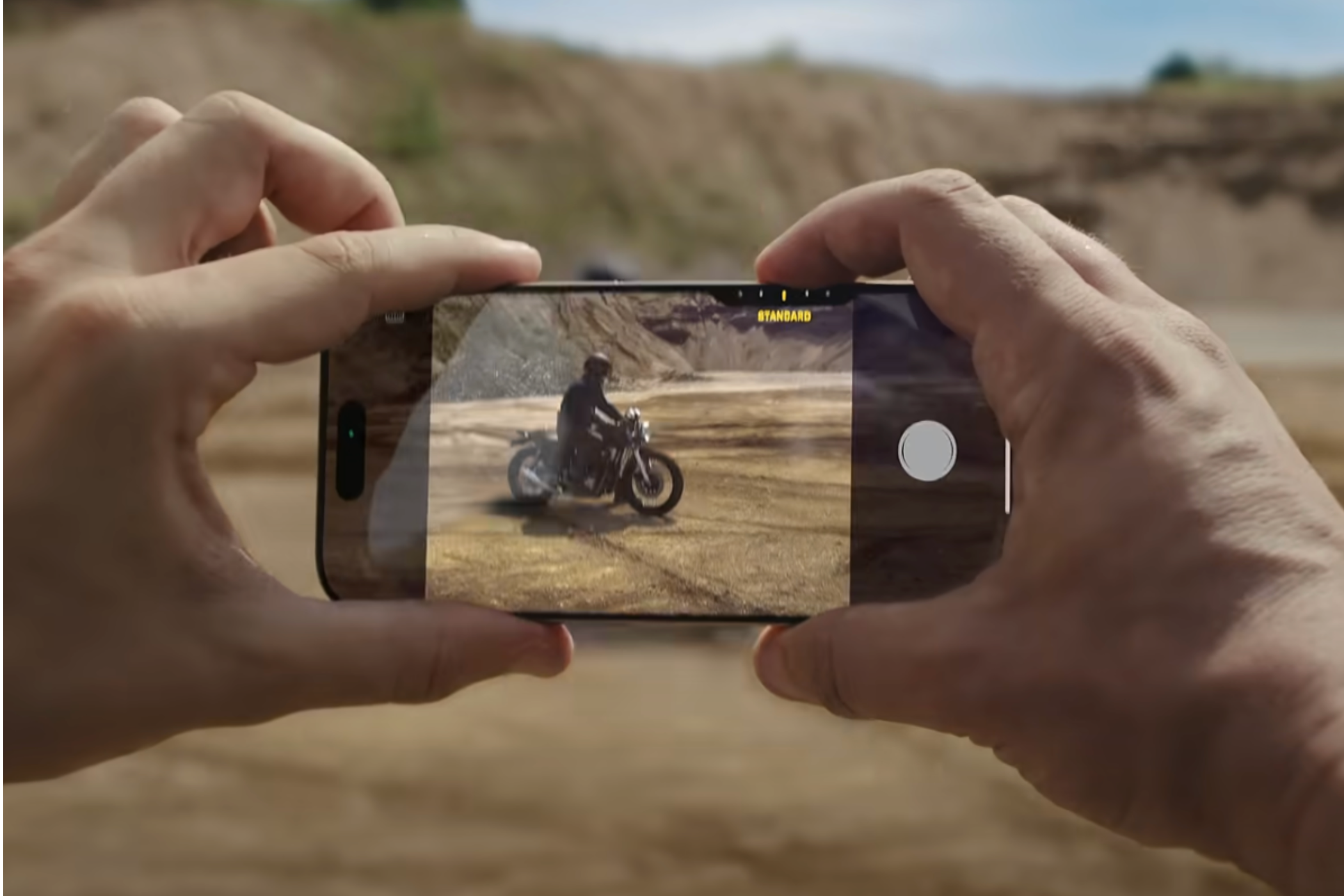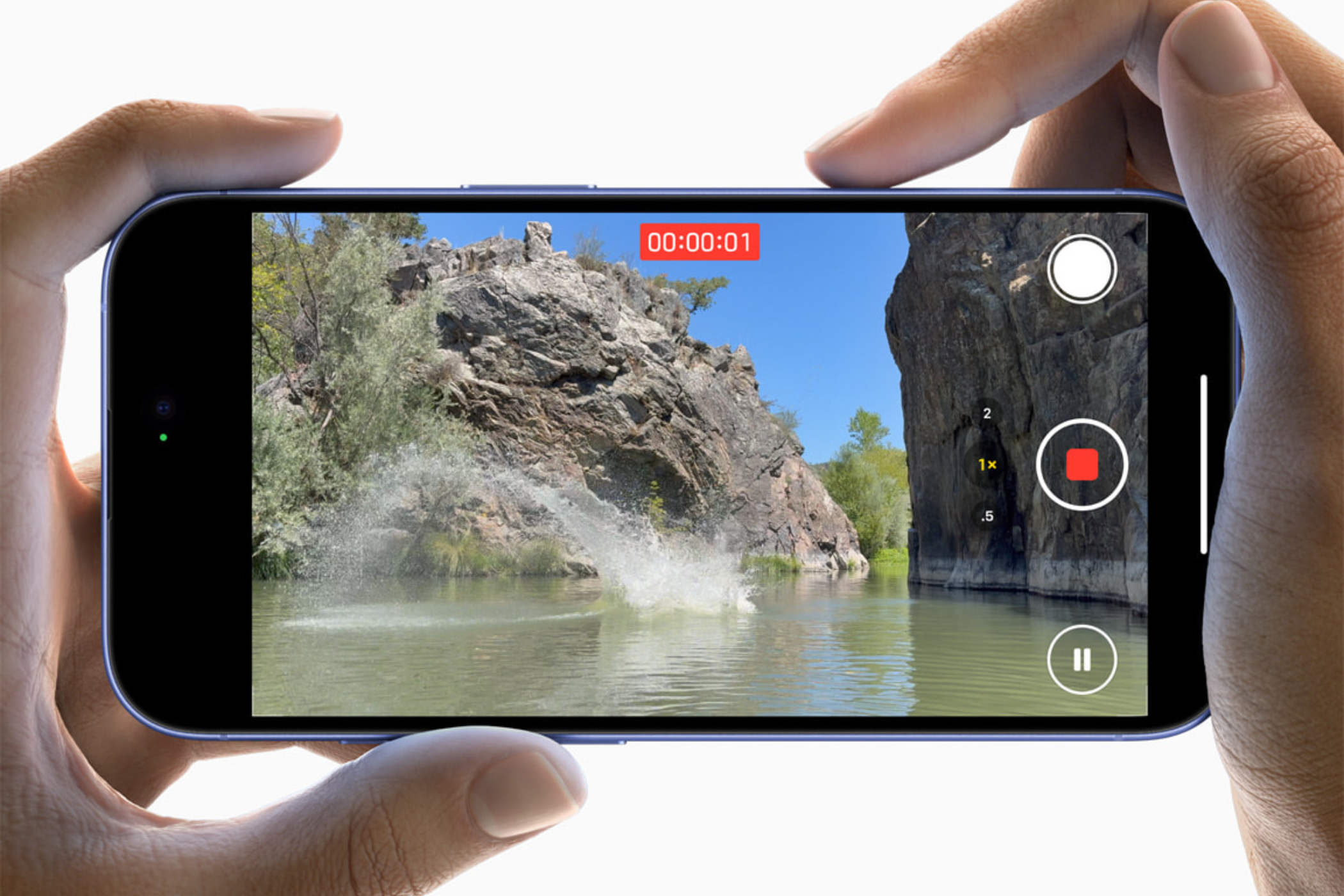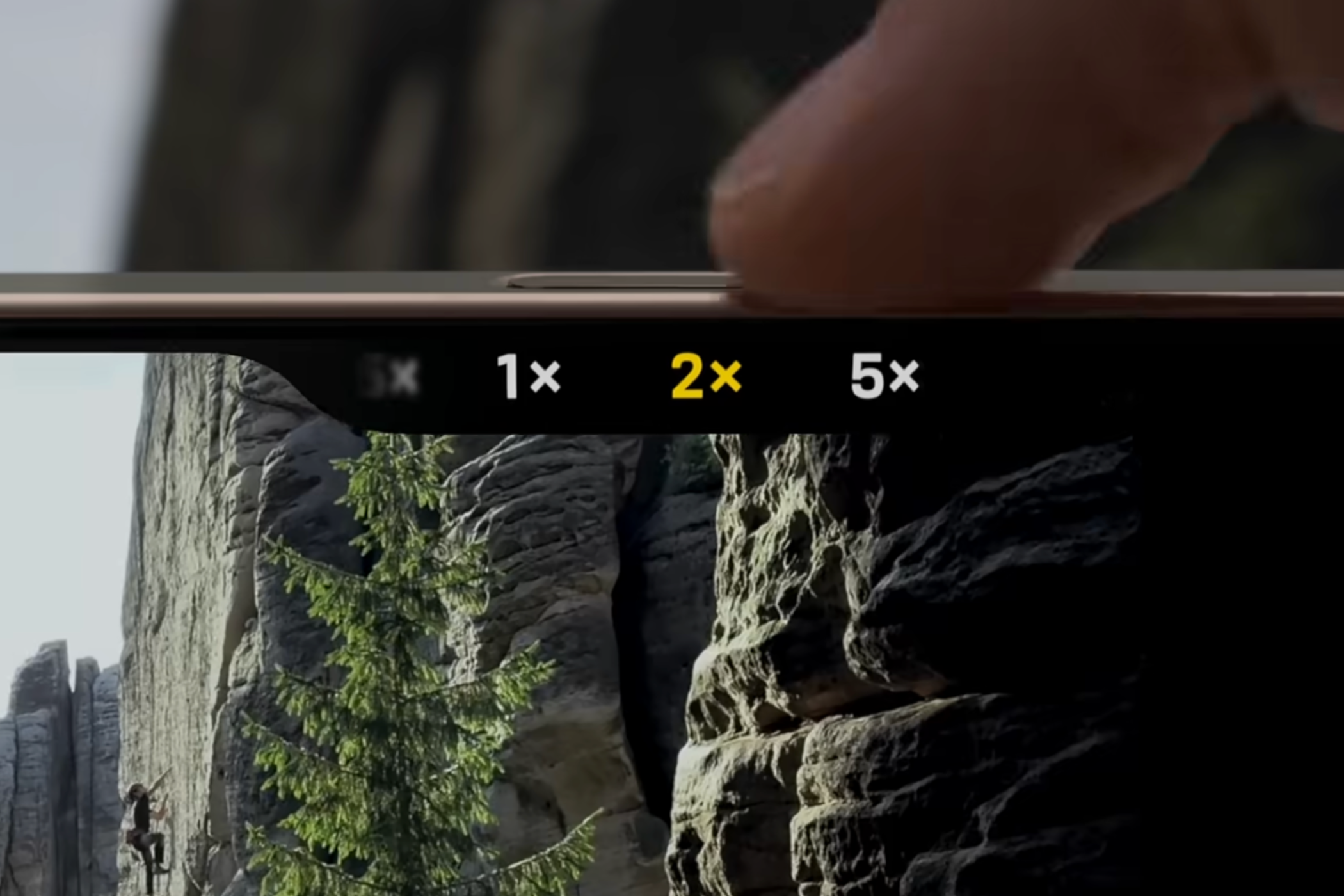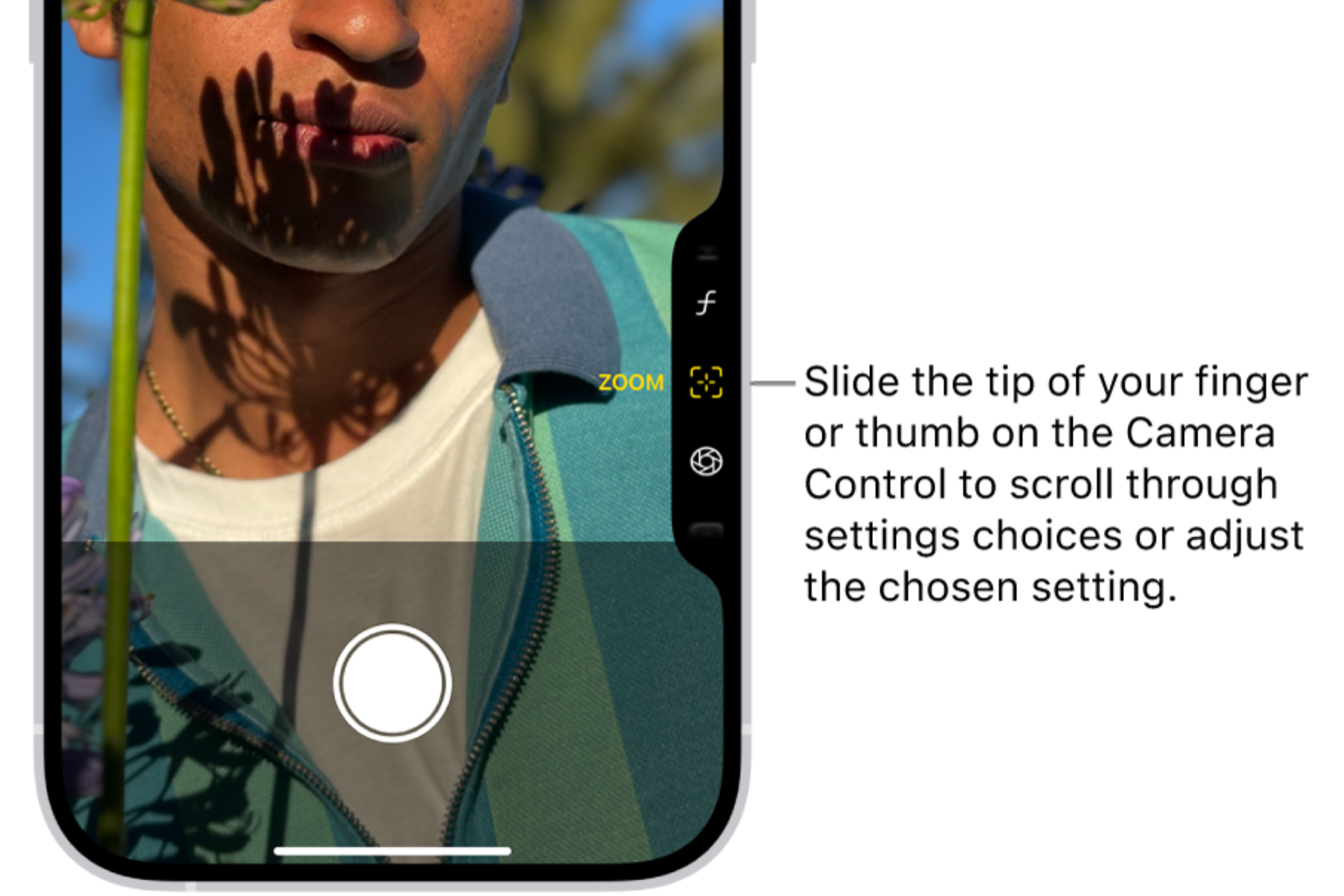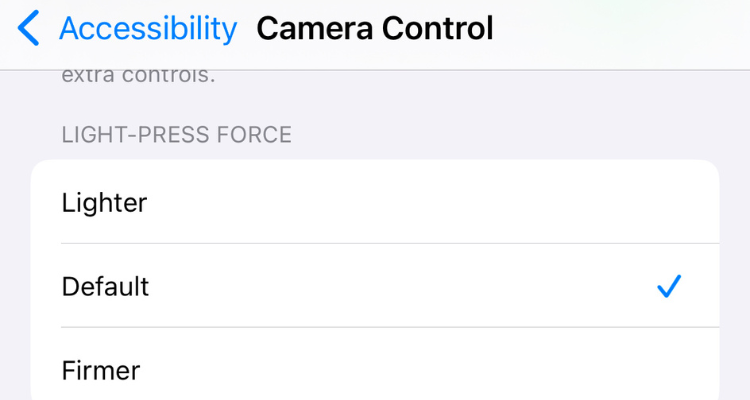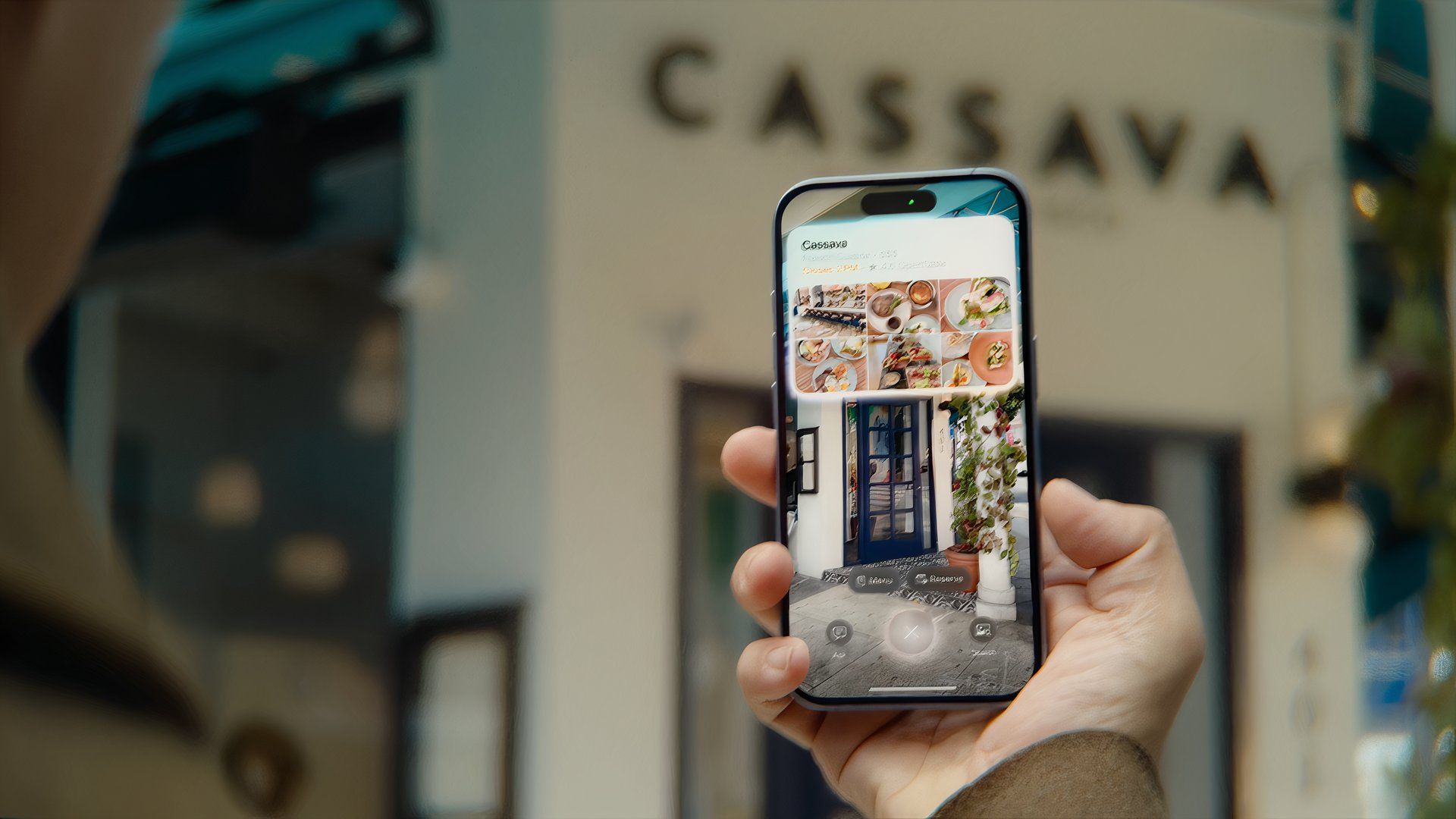With the iPhone 16, Apple has introduced a new Camera Control button. This lets you launch the Camera in an instant, access different photo settings, and capture the moment without moving your fingers. Here’s how.
1 Open the Camera App
First and foremost, pressing the Camera Control button instantly opens the Camera app. No matter which app you’re currently using, the moment you press the button, it takes you to the viewfinder in the Camera app. This shortens the time that goes into opening the app manually.
If you haven’t got the hang of the button and end up pressing it accidentally, there’s something you can do about it. Simply go to Settings > Camera > Camera Control, and select “Double Click” under “Launch Camera.” Now, the button will require a double-click to open the Camera app, reducing the chances of false inputs.
In my experience with the Camera Control button, I’ve found that it doesn’t open the camera from the lock screen, contrary to the information available online. Instead, pressing the button once simply wakes up the lock screen, and it is only when the screen is lit that the button launches the Camera app.
2 Hold Lightly for Clean Previews
The Camera Control button on an iPhone 16, like a shutter button on a professional DLSR or mirrorless camera, recognizes varying pressure levels. As a result, it can distinguish between a light press (accompanied by haptic feedback), a light hold, and a complete click.
Upon holding the button lightly, the Camera app hides all the on-screen controls, such as the shutter, flip camera, and zoom buttons at the bottom, for a clear look at the subject. However, you can still see the little overlay on the right, which, by default, highlights the current zoom level.
If you wish to retain the screen overlays, turn off the feature within the Settings app. Head to Settings > Camera > Camera Control and press the toggle beside Clean Preview.
3 Click to Take a Photo
Once you’re in the Camera app, a light press engages Clean Preview (while retaining the side overlay), and a complete click captures a picture (widens the overlay for a second). It might sound confusing, but you’ll get the difference between a light press and a click when you start using the Camera Control button. It will make sense when you feel it for yourself.
4 Hold to Shoot a Video
You can also record a video with the Camera Control button. Simply click and hold the button to start recording a video, and let go when you want it to end. Yes, this is a convenient way to start a video recording, but you can’t record longer videos with it, as it will tire your finger.
Also, I don’t like how the Camera Control button can’t control the zoom levels while recording a video, given it supports sliding gestures (which we’ll come to in a bit). The only way to zoom in/out during a video is by using the on-screen buttons or pinching gestures with your other hand.
5 Slide to Adjust the Zoom
Apart from a light press and click, the Camera Control button also supports slide gestures. Once you’re in the Camera app, slide your thumb up on the button to zoom in and slide down to zoom out. The changing zoom levels are shown as an overlay on the screen (next to the Camera Control button).
Needless to say, the phone switches through the camera lenses as you zoom in or out. The slide gesture might not work the first time, which looks like a measure to avoid accidental inputs. But it works fine for all subsequent gestures.
6 Switch Between Camera Features
So far, you’ve learned about the basic inputs supported by the Camera Control button. Now, it’s time to combine all of them to explore the camera options available in a particular mode.
While lightly pressing the button brings up the zoom slider in the side overlay, a light double-press brings up the available camera features, including Exposure, Depth, Photographic Styles, and Tones. You can slide up/down between the options, and upon reaching the desired one, lightly press to select it. I’m listing down the steps in an ordered list so that it’s easy to follow.
- Double-press lightly to view all the camera options.
- Slide to browse through the options.
- Lightly press to select.
Once you’ve selected a camera feature, let’s say Depth, sliding up or down the Camera Control button increases or decreases the depth-of-field. Similarly, you can adjust the exposure, switch between the cameras, apply different Photographic Styles, and lighten or deepen the tone of an image.
7 Customize the Light Press Force
You can even customize the light-press force it takes to engage the Camera Control button within the Camera app. Go to Settings > Accessibility > Camera Control, and select Lighter, Default, or Firmer under “Light-Press Force.”
8 Open the Magnifier or QR Code Scanner
By default, clicking the Camera Control button opens the Camera app on your iPhone 16. However, you can customize what the button does, including opening the built-in Code Scanner or Magnifier tools. Go to Settings > Camera > Camera Control, and select the required option from the list of apps at the bottom of the screen.
9 Open Third-Party Camera Apps
If you prefer a third-party camera app, like Snapchat or Instagram, over the native Camera app, you can program the Camera Control button to launch it. In the Camera Control settings menu, select the required app from the available options toward the bottom.
10 Access Visual Intelligence (Coming Soon)
Soon, Camera Control will allow iPhone users to use Visual Intelligence, a point-and-search feature that helps gather more information about an object or a place by fetching online listings, reviews, and other publicly-available information.
To invoke Visual Intelligence, iPhone users must press and hold the Camera Control button. The feature will be released alongside the iOS 18.2 update.
The Camera Control button can take a while to win you over, and I can already see it being useful for Visual Intelligence. It also comes in handy to open the Camera app without having to wake up the lock screen and swipe on the shortcut.
As innovative as the Camera Control is, there’s a learning curve involved in using it instead of the on-screen controls that people have become accustomed to over the years.


